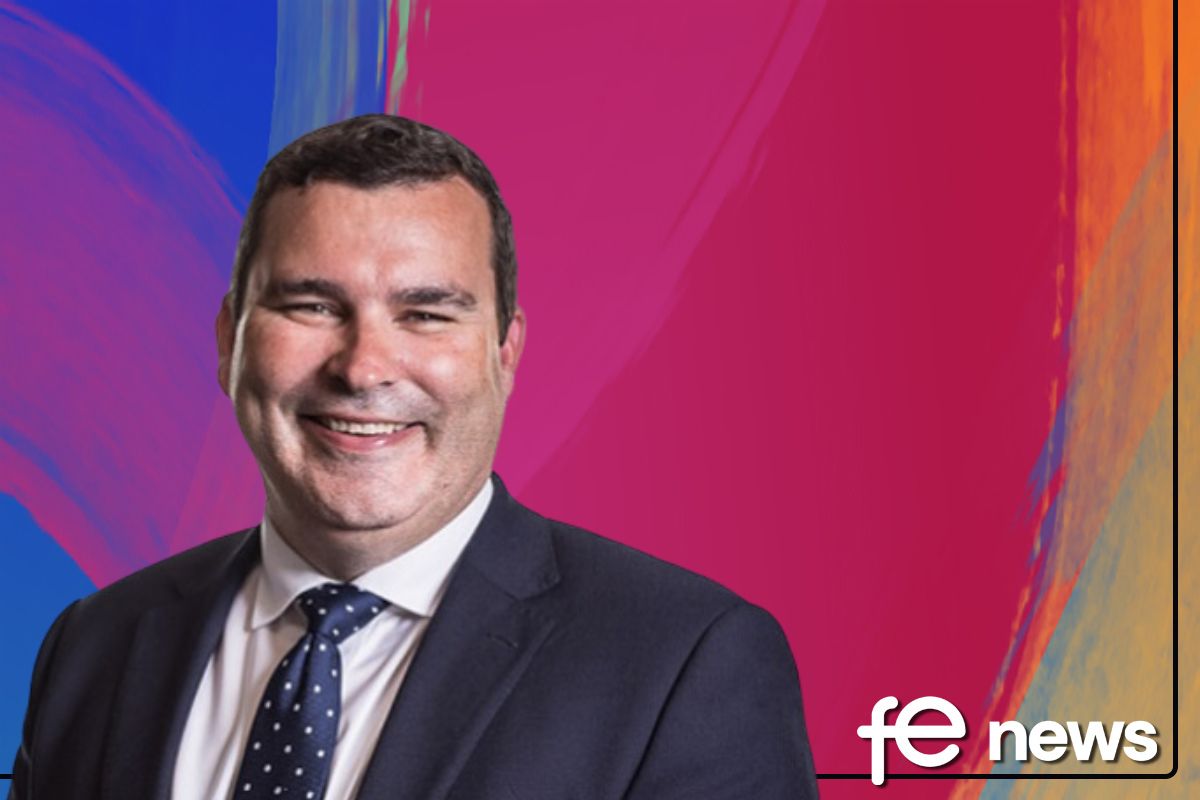Facilitating a new age of portfolio careers: Skills bridges qualifications & curricula will be key

Pivoting Careers
In the changed world economies post pandemic it is highly likely that the career options for most people will change quite substantially.
It is likely that the gig economy will grow; it is likely that the portfolio career will become more entrenched as a normal way of working for many; it is likely that people will need to change sectors within their portfolio; and it is likely that the human skills element – the soft skills, employability skills, the key or core skills – will play a consistent part of everyone’s resume.
For older generations this might seem a challenge; for younger folks it will be seen simply as the way it is.
But for everyone, young and old, it is important that our education and skills systems change and develop too – growing and morphing into flexible assessment and accreditation (as well as flexible and adaptable curricula) that match this portfolio approach to employment.
The skills bridge competency framework
We are already – today in November 2020 – seeing new curricula being developed which aim to support this new way of working. The concept of skills bridges which enable individuals to port from one occupation in a particular industry sector into a similar (but different) role in a completely different sector have been key innovations in the autumn of 2020.
These new qualifications take account of the human skills elements that people have and port these across (via the skills bridge competency framework) into the new role specification. Moreover, the qualification/curriculum then also ports the job specific skills which are common to both roles.
An example of this is someone who might be working in the hospitality sector (where jobs are currently extremely scarce) looking to bridge their next role into the care sector (where there are currently large numbers of vacant positions). In this case, the human skills (communications, team working, using initiative etc) are a given and also the common job specific skills (customer care, health and safety etc) are consistent in both roles. Accordingly, people wishing to pivot their careers from hospitality into care can be helped with a training programme which “assumes” those portable skills are already there and therefore it is just the role specific skills in the new role which require acquisition.
There are a number of ways in which assessment and accreditation systems have developed in recent years to accommodate the recognition of existing skills in the workforce: most notably through the RPL (Recognition of Prior Learning) and diagnostic assessment methodologies.
In the example given above – i.e. the pivot from hospitality into care – the competencies required for a job in the care sector can be identified and then the existing skills (the ones identified above as portable: human and role specific) are also mapped out and the individual can then use either a diagnostic test and/or previous acceptable prior accreditations to minimise the number of new, additional competences they need to acquire in order to fully meet that new role specification. This means the time lag from switching from one job to another will be shortened and also means that the new skills/competences required can be personalised to the individual – in particular where detailed and accurate diagnostic assessments are used.
Creating these new skills bridges qualifications, curricula, competence based frameworks will be a key part of the transition from the old world of linear careers and enabling people to rapidly adapt their skills mix in order to facilitate these new portfolio careers.
Having the right sort of accreditation systems to support these developments – such as diagnostic assessments – will become increasingly commonplace in supporting these new innovations and the diagnostic assessments themselves will need to be innovative and be able to personalise the curriculum or skills training required.
Personalised Diagnostic Assessment
At EduGrowth we have developed a personalised diagnostic assessment tool which enables individuals to assess where their existing skills and experiences lie – in relation to a skills-based curriculum leading to pursuit of self-employment or starting a new business. By utilising that diagnostic assessment tool, participants on the EduGrowth programme can personalise their skills pathway and simply focus on those areas where they have skills and/or knowledge gaps and therefore customise their route to success.
An ever-changing portfolio career is here to stay. We need both curriculum and assessment systems to continue to develop and innovate in order to support the new needs of these continuously morphing career pathways. Some are already supporting these changes but our whole education and skills eco-system needs to become engaged. The alternative is unnecessary delay in upskilling our human resource pools (and delaying economic regeneration) and limiting opportunities for individuals (despite their existing rich skills capabilities) – this is a world we don’t want nor is it a world that we need to create.
Dick Palmer, Chairman, EduGrowth









Responses